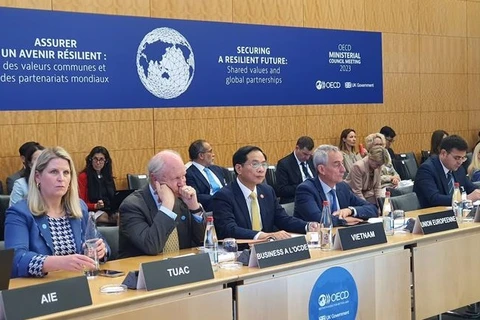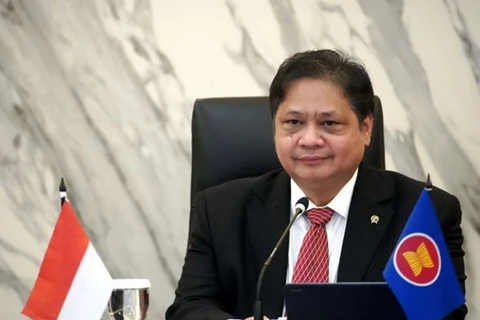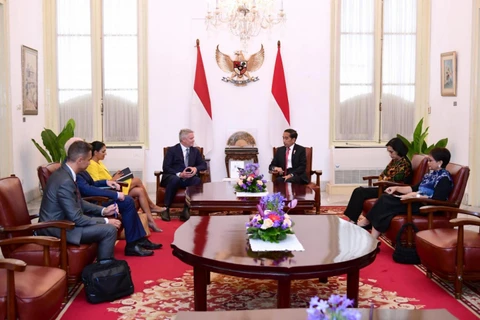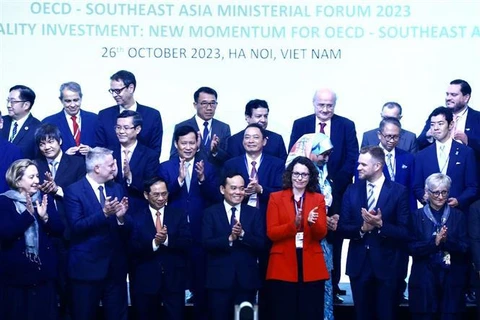 The OECD will prepare a draft accession roadmap for the technical review process for Indonesia. (Photo: AP)
The OECD will prepare a draft accession roadmap for the technical review process for Indonesia. (Photo: AP) OECD Secretary-General Mathias Cormann described the decision as a historic one, saying Indonesia’s application is the first from Southeast Asia – one of the most dynamic growth regions in the world.
As the largest economy in Southeast Asia, Indonesia is a significant global player, providing important leadership across its region and beyond, he said, adding the decision will benefit both Indonesia and the OECD.
Cormann highlighted that the country engaging in the discussion process will also help further strengthen the OECD’s global relevance and impact.
The OECD will prepare a draft accession roadmap for the technical review process which includes a rigorous and in-depth evaluation by more than 20 technical committees of Indonesia’s alignment with OECD standards, policies and best practices.
The technical reviews will cover a wide range of policy areas, and will focus on priority issues including open trade and investment, progress on public governance, integrity and anti-corruption efforts as well as the effective protection of the environment and action and tackle climate change.
There is no deadline for completion of the accession process, meaning the outcome and timeline depend on Indonesia’s capacity to adapt and adjust to align with the OECD’s standards and best practices.
Normally, it takes a country from five to eight years to reach a full-fledged member status.
A new member’s admission requires unanimity. In the other words, all OECD countries have to give their consent before they can finally accept Indonesia into the group.
Indonesia officially applied to be part of the OECD last July, although it has been a key partner to this rich country club since 2007.
An OECD membership is expected to drive economic reforms in the country. If accepted, Indonesia will be the third Asian economy to join the OECD after Japan and the Republic of Korea.
Indonesia’s bid to join the organisation has earned support from its members, including the UK./.
VNA























